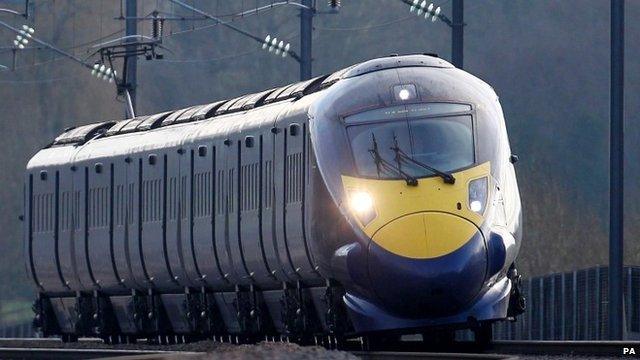Regulated rail fares to increase by 3.5% in 2015
- Published
- comments
Martin Abrams, Campaign for Better Transport: "Balance between subsidy and fare payer gone too far"
Regulated rail fares will rise by 3.5% from January next year, following the release of July's inflation figures.
Under the formula, average fares in England are due to go up by July's RPI measure of inflation, plus 1%.
RPI - the Retail Prices Index - was 2.5% last month, according to the Office for National Statistics (ONS).
Labour accused the government of 'ripping off' passengers, but the government defended the rise.
Regulated fares - about half the total - have increased by more than the rate of inflation in most years since 2004.
Such fares include season tickets, "anytime" single tickets around major cities, and off-peak inter-city return tickets.
But under a "flex" rule, train companies can raise fares by 2% above the average, as long as the overall average stays at RPI plus 1%.
As a result, some fares could increase by 5.5% next year.
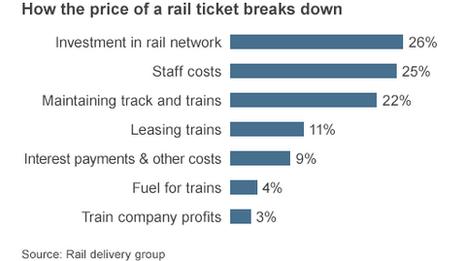

Analysis: Richard Westcott, Transport correspondent
The original point behind regulating around half of our rail fares was to protect the public from big price rises.
The government was meant to keep costs down on tickets where people don't have much of an alternative but to go by train. Like commuter season tickets for example.
But for more than a decade ministers have actually used the regulation system to increase prices by more than inflation (apart from this year, when they only went up by RPI). The reason? They want passengers to pay a bigger share of the bill to run our trains, so that taxpayers pay less.
In short, it looks like prices will keep going up for some years yet.

'More to do'
Labour said it would abolish the flex rule, and accused David Cameron of failing to stand up for working people.
"He's allowed train companies to sting passengers with inflation-busting fare rises of over 20% since 2010, costing them hundreds of pounds," said Mary Creagh, the shadow transport minister.
This year -2014- the government capped fare rises to keep them in line with inflation. But it is not known whether the same will happen in 2015.
Claire Perry, rail minister: "People are getting an unprecedented investment in the railway"
Passenger Focus, which represents rail users, wants the Chancellor of the Exchequer, George Osborne, to consider blocking the full rise.
"We hope the government will step in again as it did last year, to ensure that train fares in England do not rise above the rate of inflation," said David Sidebottom, the director of Passenger Focus.
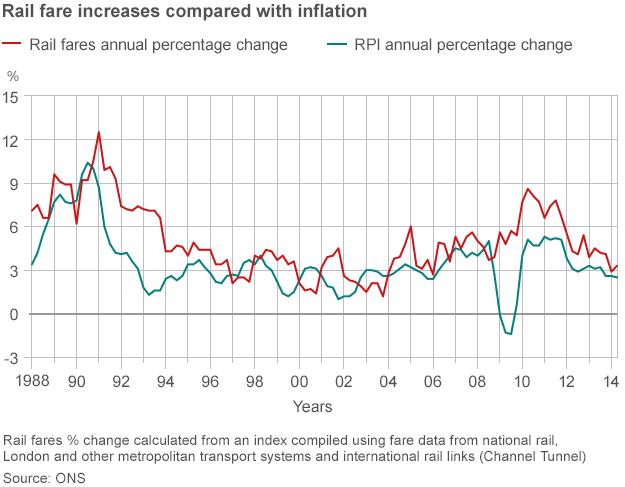
Treasury Minister David Gauke said Mr Osborne will decide whether to do so before the end of the year.
"That is a decision that has still to be made, and that's something the chancellor will consider," he told the BBC.
In the meantime the Department for Transport defended the planned rise.
"We fully recognise there's more to do to bring down the cost of rail travel in Britain," said Transport Secretary Patrick Mcloughlin.
"But we need to do it responsibly and we can't spend money we don't have," he said.
'Phenomenal growth'
So far, the 3.5% rise applies only to fares in England.
Train passengers give their reaction to the rises
In Scotland, there will be no rise in off-peak fares in 2015, which have been frozen since January 2013.
Peak fares will rise by 2.5% - the same as the July inflation rate.
The Welsh government has yet to make a decision - but it usually mirrors the rise in England.
But continuing rises above the rate of inflation are a clear part of the UK government's strategy.
Since a white paper published under Labour in 2007, it is committed to reducing public subsidies for the railways, and transferring more of the cost to passengers.
Labour's Mary Creagh: It's the problem of both government and railway firms
At the same time it wants to encourage investment.
Michael Roberts, director general of the industry body, the Rail Delivery Group, said that although rail fares had increased above inflation for a decade, the number of passengers had seen "phenomenal growth".
"Compared with fifteen years ago, we're now carrying twice as many passengers as we did then," he said. But he added that rail services were partly a "victim of that success" because there was now overcrowding on some major services.
- Published19 August 2014
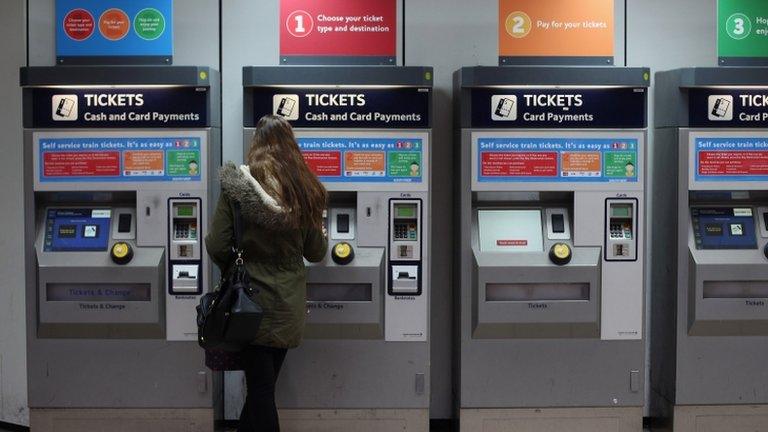
- Published19 August 2014

- Published19 August 2014
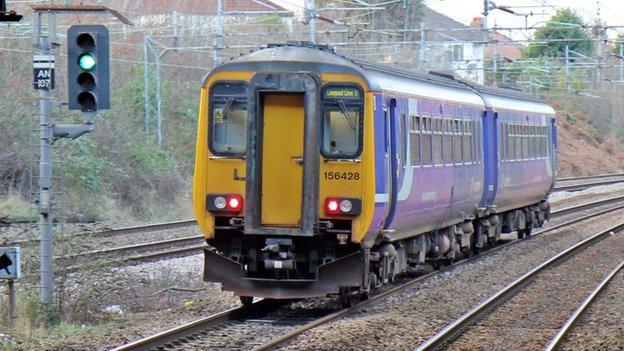
- Published7 August 2014
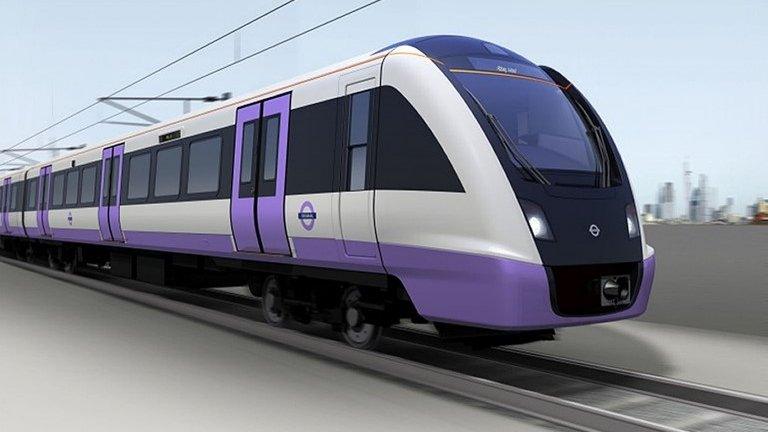
- Published20 March 2014
